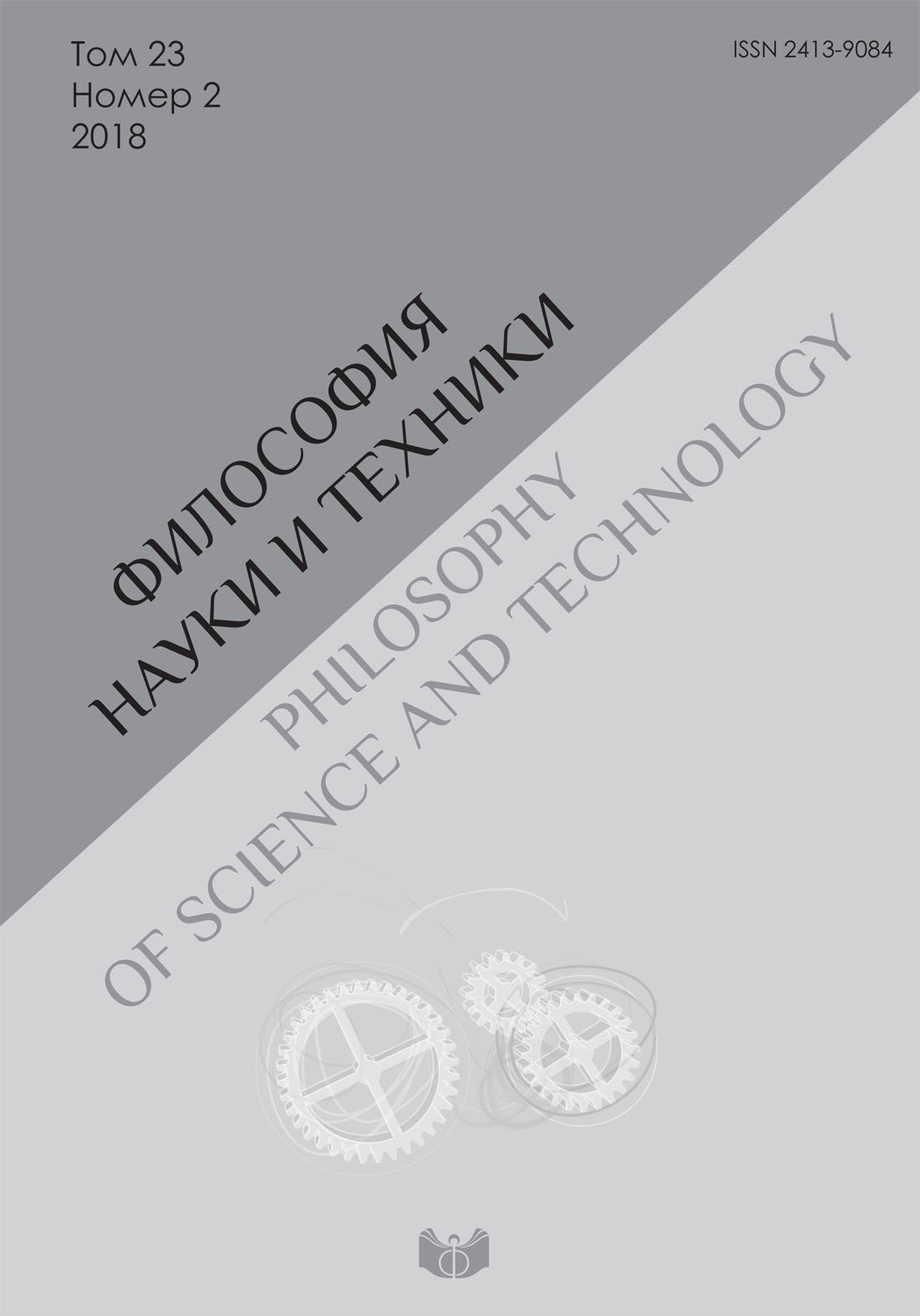Qualia, representations and the magic of philosophical rooms
DOI:
https://doi.org/10.21146/2413-9084-2018-23-2-73-88Keywords:
qualia, mind, consciousness, representation, representationalism, intentionality, cognitive science, computationAbstract
The problem of qualitatively unique and ineffable aspects of the phenomenal experience, known as qualia, forms the basis of the “hard problem of consciousness”, according to popular belief. However, a simple analysis of the role of qualia in the perception and identification of art objects shows that phenomenal images are only one of the building materials of complex cognitions, and their functional role varies from case to case. The paper cites arguments against the anti-physicalist interpretation of qualia, which goes back to the famous “Mary's room” by Frank Jackson. It shows that neither the epistemological view of this case (qualia as representations of something non-physical in the world), nor the ontological view thereof (qualia as essentially non-physical entities) do not seem sufficiently substantiated when this thought experiment is examined in detail. Further, in the course of conceptual analysis and thought experiments, it is shown that strong representationalism in the philosophy of qualia is irrelevant, while weak representationalism is devoid of the necessary explanatory power. In any case, in the phenomenal subjective images, a non-representational 'residue' is present that plays an important causal or functional role in human perceptions. At the same time, moderate representationalism is appropriate and promising in cognitive science, if we consider representations as a necessary element of computing processes, wherever, including in the human cognitive devices. However, it is obvious that, in such a form, this concept does not pretend to be the universal clue for philosophical riddles, and its “import” into philosophy implies the rejection of intentionalist interpretations of representative functions of qualia.











